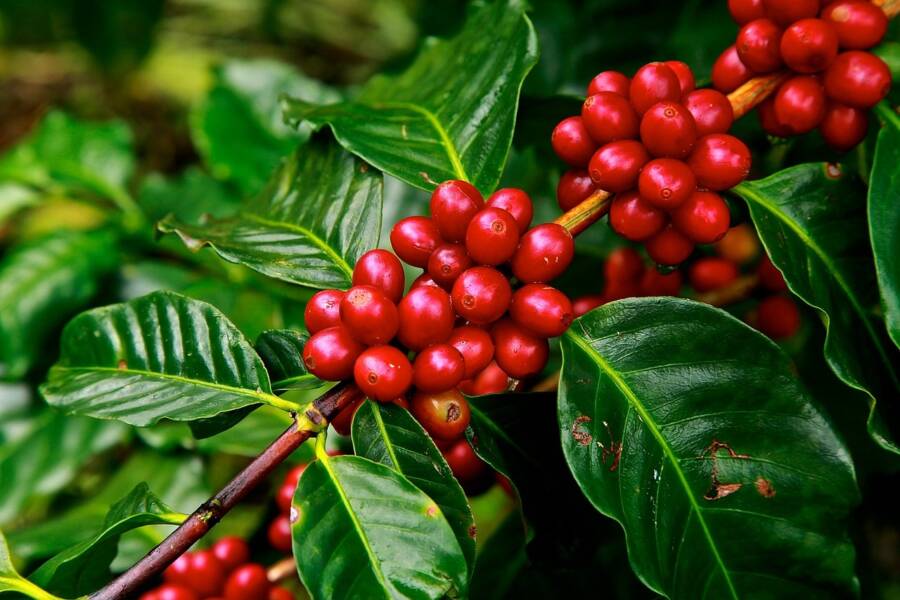Decaffeinated Coffee: A Brief Introduction
Decaffeinated Coffee: A Guide
Coffee is a beloved beverage for millions of people all over the world, providing a daily source of energy and comfort. But for those who are sensitive to caffeine or need to limit their intake, decaf coffee offers a great alternative.
Decaffeination: The Process
Decaf coffee is made by removing the caffeine from the coffee beans. It has to be done before roasting when the beans are still green. A common method is the Swiss Water process which is based on water and carbon filtration and is considered superior to other common methods that involve chemical solvents. Through this process, they’re able to save the good flavors associated with the beans.
Another method, known as the Swiss Water Process, is based solely on water and carbon filtration. The coffee beans are first immersed in hot water to extract their caffeine and flavorful components. The initial beans are then discarded, and the resulting flavor-rich water (called “green coffee extract”) is passed through a carbon filter that is sized to capture only the large caffeine molecules. The decaffeinated green coffee extract is then used to wash and filter the next batch of beans. Caffeine is thereby filtered from the beans without recourse to chemical agents and without the beans losing many of their flavorful components. This is the primary method used to decaffeinate organic coffee beans.
Quoted from Britannica
There are several methods for removing caffeine from coffee, including the use of solvents such as methylene chloride and ethyl acetate, as well as a water process.
Regardless of the method used, the goal is to remove as much caffeine as possible while preserving the flavor and aroma of the coffee beans.
Decaf still contains caffeine
The decaf process results in a product that contains only a small amount of caffeine. On average, an 8-ounce cup of decaf coffee contains 2 to 5 milligrams of caffeine, compared to 95 milligrams in a regular cup of coffee.
Despite the reduction in caffeine, decaf coffee still provides the same rich, comforting flavor and aroma as regular coffee. Many people find that decaf coffee is just as satisfying as regular coffee and that it provides a good option for those who need to limit their caffeine intake.
Honestly, decaf coffee is just as great as regular coffee, it’s a social misconception that decaffeinated coffee doesn’t carry over the richness of flavors and then therefore, tastes like a dull and stale cup of coffee. Decaf coffee is great to limit daily caffeine intake whether you’re too sensitive to its effects or for any other reason really. As someone who appreciates coffee at any time of day, I really like the fact I can sip an espresso shot or a cortado in the evening without disrupting my sleep quality.
Issue With Decaf
Two issues bother me when I go about purchasing a decaf bag of coffee:
- Cost. It’s significantly more expensive than regular coffee with most local roasters, why? I guess the process of removing caffeine without removing the flavors is not a redundant task and perhaps requires greater attention in the roasting process.
- Lack of roaster interest demonstrated by the lack of details in decaf coffee products on their websites. In contrast, other products display an in-depth flavor and history description. I’d like to know more. Or maybe, I’d like to know if the roaster is putting as much love into his decaf beans as he does for other beans.
The great thing is there is so much competition and lots of roasteries to choose from! And so I haven’t been disappointed with any decaf bag I have purchased in the past so far.
Regardless of whether you’re having decaf or not, here are a couple of helpful posts:
I hope you enjoy the content around here, I’m just a fellow coffee hobbyist, I’m not an expert by any means and largely educate myself by experience and reading. If you notice any mistake, a typo, or just want to talk — reach out: boristofu@gmail.com.
